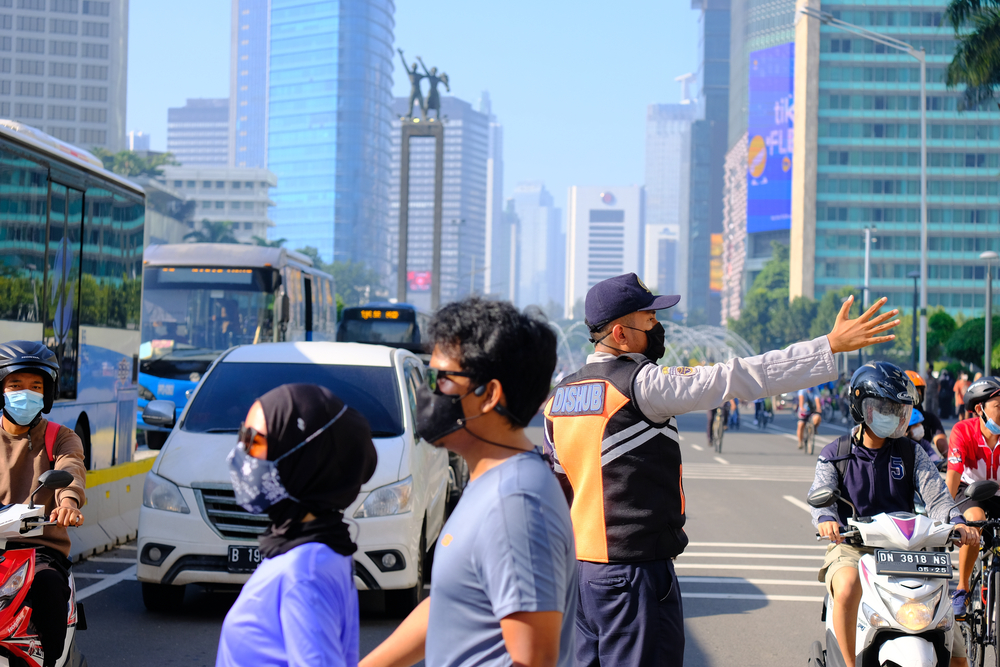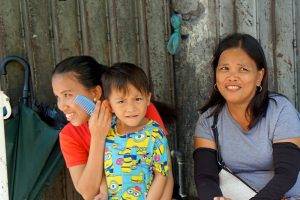Medical Channel Asia presents the weekly Asian medical news bulletin, bringing you essential healthcare news from across the region.
This week’s bulletin will focus on doctor and nursing shortages in Thailand and Indonesia.
Thailand
The Thai healthcare system is grappling with a concerning trend of newly graduated doctors quitting, largely due to an excessive workload. As of April this year, Thailand had a total of 72,250 doctors, of whom 68,725 are active. However, only 66,685 of these doctors can be contacted. The distribution of doctors reveals that there are 32,198 in Bangkok and 34,487 elsewhere in the country. Additionally, 434 Thai doctors are practising overseas, and 1,606 doctors’ contact information is unavailable. The situation is worsened by the resignation of newly graduated dentists. This is due to factors such as a surplus of dentists relative to available positions, mismatched job descriptions, and an excessive workload. This trend is mirrored in nursing. Around 7,000 out of 10,000 new graduates each year quit or do not practice, leading to a severe shortage of nurses in Thailand.
Philippines
Concerned about the escalating rate of maternal deaths, Las Piñas City Rep. Camille Villar has called for an inquiry into the state of maternal healthcare in the Philippines. She has introduced House Resolution 1025. It seeks to bolster and guarantee easier access to health services and programs addressing maternal issues. The resolution proposes that the committees on health, women and gender equality, and sustainable development goals undertake the investigation.
According to UNFPA data, women dying from childbirth doubled from 1,458 in 2019 to 2,478 in a recent year. This equates to six to seven maternal deaths per day. The data also highlighted that 14% of pregnant women do not receive necessary medical care. Additioanlly, one in 10 women lacks access to health facilities or skilled healthcare personnel during childbirth. Villar argues for the need to reform the current healthcare system, reassess existing strategies, and support crucial reproductive health programs.
Malaysia
In Pahang, Malaysia, a two-year-old girl is believed to have suffered acute nicotine poisoning after potentially inhaling or swallowing liquid from a disposable electronic cigarette (vape) device, the Ministry of Health (MOH) reported. The child experienced symptoms like coughing, vomiting, and difficulty breathing, and even had two seizures during medical treatment. A urine test showed high levels of nicotine. The child is currently stable and under close monitoring at the Sultan Haji Ahmad Shah Hospital.
In another development, the Malaysian Health Ministry is planning to re-introduce the Control of Tobacco Product and Smoking Bill on June 12 for its first reading in Parliament. Health Minister Dr Zaliha Mustafa stated that the bill, designed to safeguard the health of younger generations, aims to control smoking products, including vape and e-cigarettes. She explained that the proposed bill integrates 23 recommendations from a special select committee. It was modified to address particular concerns and objections. She characterized the strategy as a ‘soft landing’, designed to enlighten the public.
Vietnam
Dien Bien, a remote northern border province of Vietnam, is grappling with an unusual spike in anthrax cases, with 14 infections reported this month, including one of unknown origin. The latest patient, a two-year-old girl, exhibited symptoms such as fever, vomiting, skin blisters, and ulcers. She was subsequently diagnosed with pneumonia and anthrax. Although her health is improving under intensive monitoring, the source of her infection remains unconfirmed.
Previously, the province linked previous cases to the butchering or consumption of buffalo or cattle meat. Patients exhibited symptoms such as skin ulcers, headaches, stomachaches, diarrhoea, and breathing difficulties. Doctors treated all of these patients with antibiotics. Authorities are currently monitoring an additional 132 individuals who were in contact with the infected patients. In response to the outbreak, the Ministry of Health has directed local authorities to supervise meat handling and consumption in the areas affected by the outbreak and disinfect all locations where they have identified cases.
Singapore
Singapore’s Health Minister, Ong Ye Kung, has announced that from October 1, those receiving medical care at home can pay for it using their MediSave account, the national medical savings scheme. Additionally, subsidies and MediSave will be applicable for video consultations for home palliative care services from July 1. These policies aim to support seniors in ageing at home, aligning with the country’s broader strategy to adjust to its rapidly ageing population. The Minister also called for increased volunteer efforts and community activities for seniors, emphasizing the need for a healthcare “reboot”.
Indonesia
Hundreds of Indonesian healthcare workers rallied in protest against proposed revisions to healthcare laws, arguing that these changes would weaken protections for medical professionals. The House of Representatives proposed revisions in February. They include making it easier for patients to press criminal charges against healthcare workers for malpractice and permitting foreign workers to fill staffing gaps in Indonesia’s healthcare system. The government maintains these changes are needed to streamline existing laws and improve services. However, at least five unions are voicing concerns that these modifications could put healthcare workers at a disadvantage. Also, critics are also questioning whether standards are in place to ensure foreign doctors enhance care levels in Indonesia. The country already faces a significant shortage of health professionals, particularly specialists.









